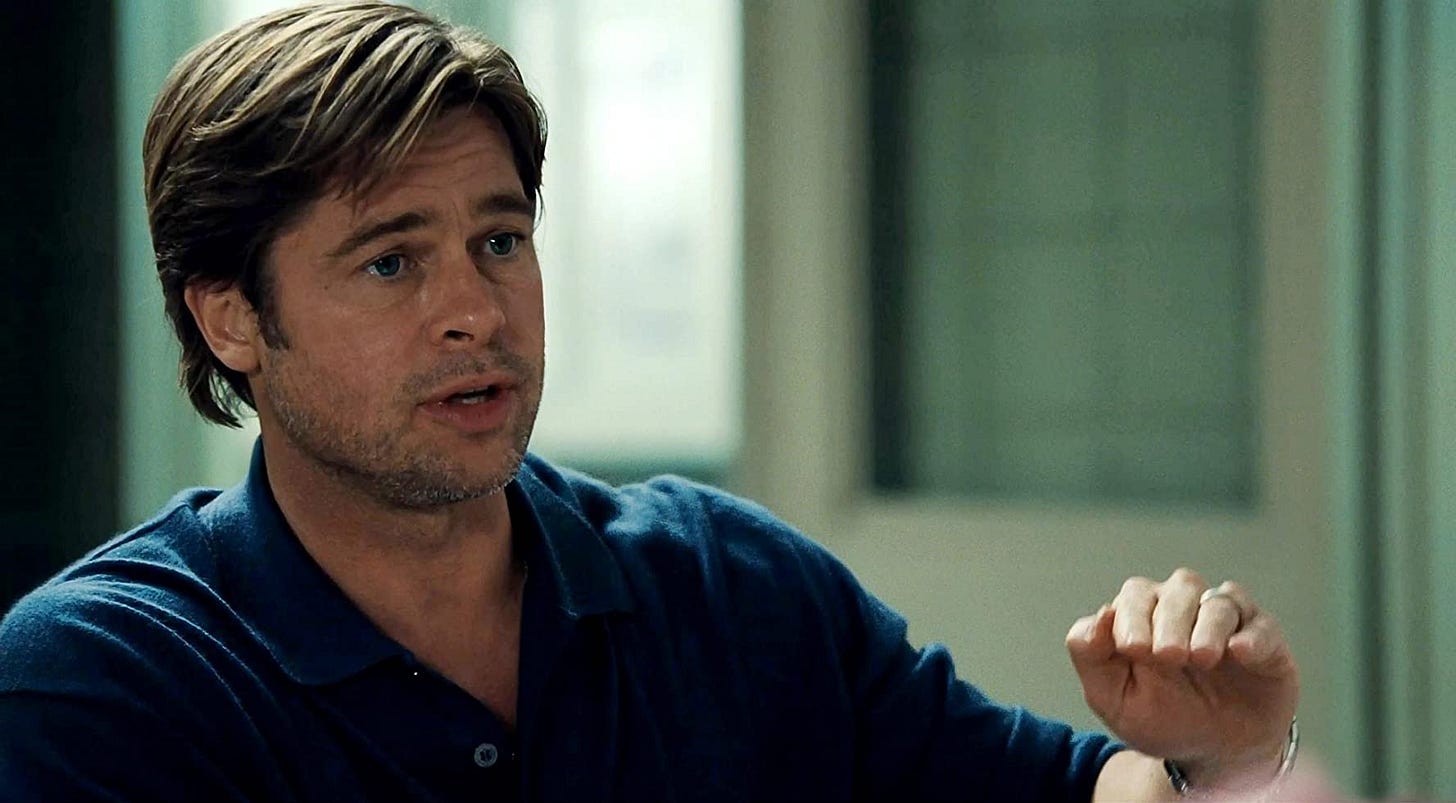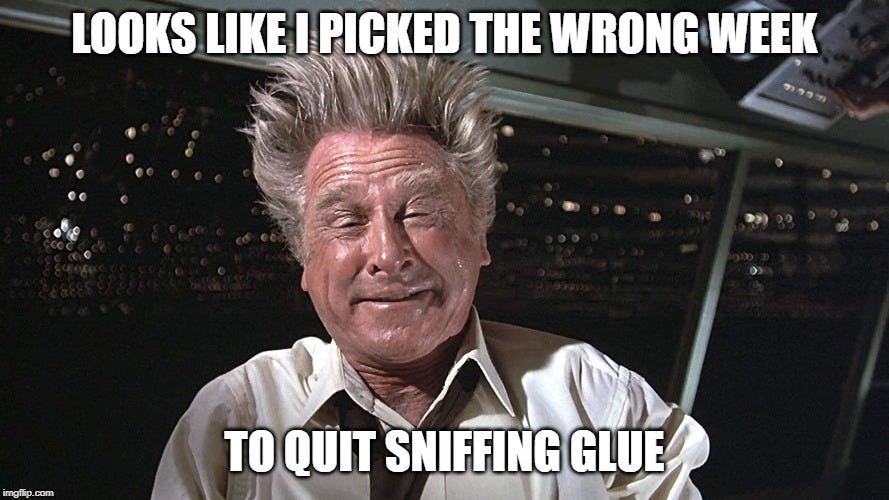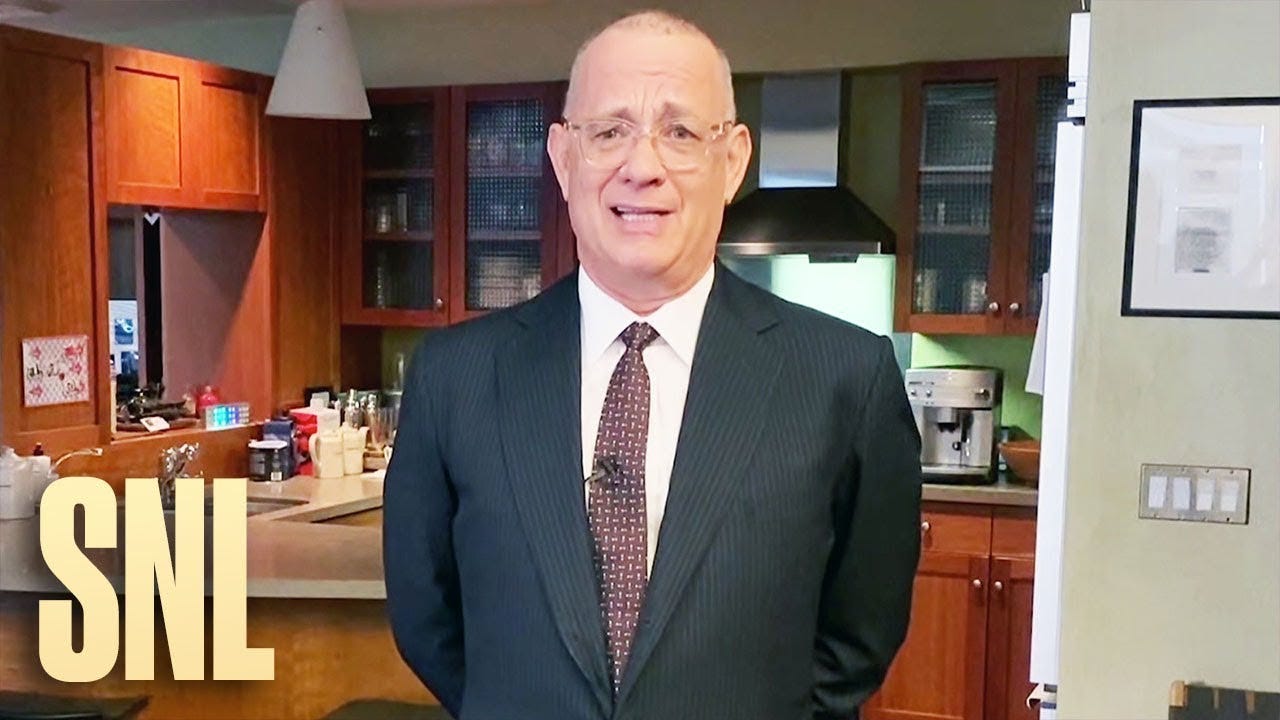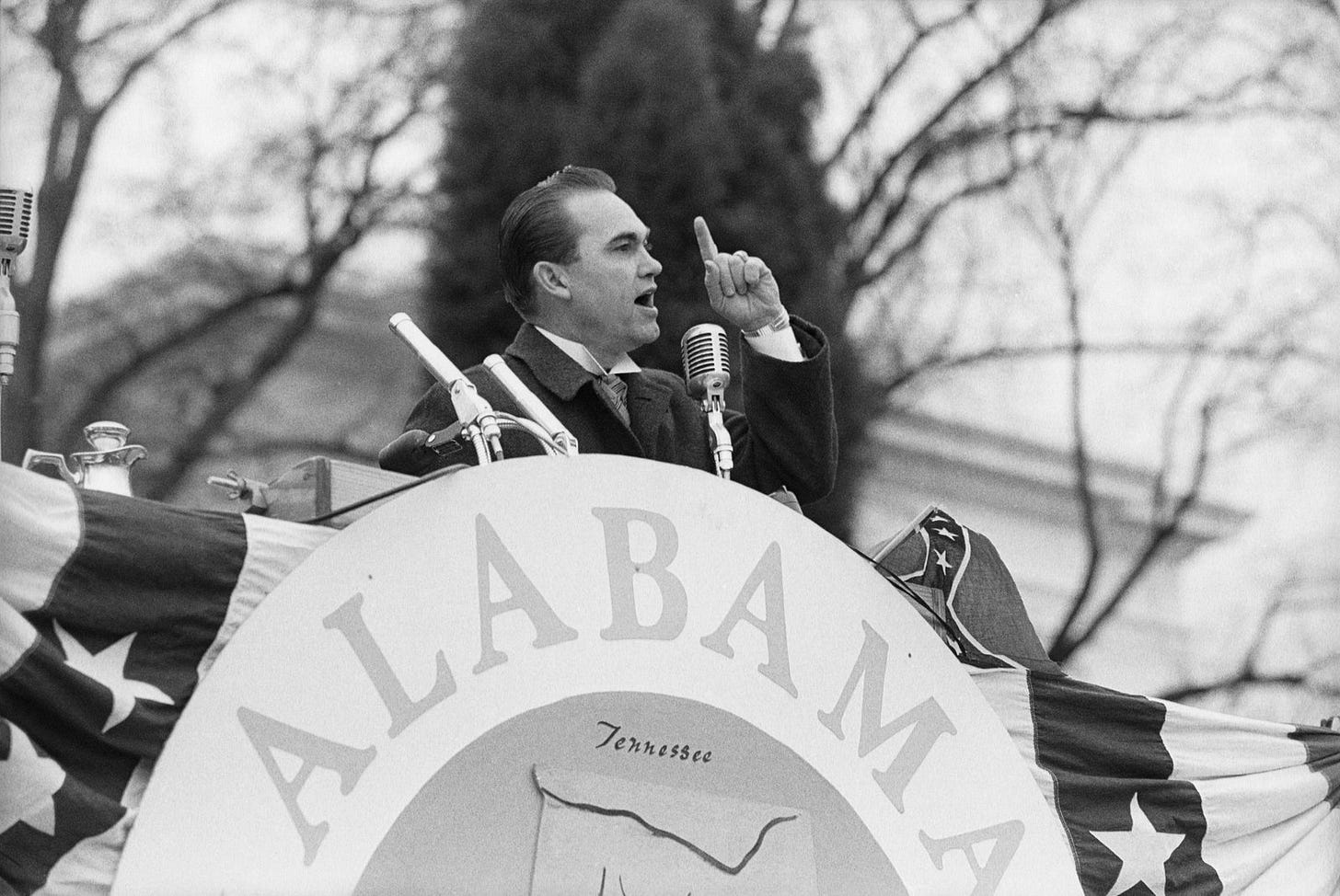
1.
These virtual comedy shows sometimes have a five-sec lag. Luckily, I’m prepared for that. I've played Alabama.
2.
Why 100K? Part 1 of 3.
You know what keeps me up at night? I fear we’re in a lose-lose situation. Let’s say 100,000 people die in this country. That’s a staggering number. In and of itself, a major tragedy. It’s always important to stop and think: every single number represents a human life. But there’s something about hitting six figures that would seem to resonate with everybody, as in, “Wow, that’s a lot.”
Why is it a loss if fewer people die? Because many more may die in the long term. Let’s put it this way: in 2009, “only” 12,000 Americans died during the swine flu and I didn’t even know that. That’s four times the number as 9/11 and six times as many as Hurricane Katrina. And yet, because a crisis was averted, in 2020—only 11 years later—almost nobody took coronavirus seriously at the outset.
It’s a trait of human nature that we need short-term pain to avoid long-term pain. This can be a positive motivator: it certainly helps me to do more sets and reps in the gym. But as Brad Pitt said…
“Listen, man. I've been in this game a long time…. If we don't win the last game of the Series, they'll dismiss us. I know these guys. I know the way they think and they will erase us. And everything we've done here, none of it'll matter.”
- Moneyball

Brad’s right. A long time ago, I was watching this one sport. Ten men all trying to throw some orange striped ball into a couple of hoops… oh, right… basketball. Hard to remember these games sometimes.
In the NCAA tournament, with one minute to go, the Kansas Jayhawks were down by 13 points and cut it to one point. Most incredible comeback I’ve ever seen in any sport. I always ask people if they saw it. “Nope, no idea what you’re talking about.” Because the Jayhawks didn’t actually win. What they did was incredible but nobody cares.
In a bad year, 60,000 Americans succumb to the flu. So, unless it’s an order of magnitude worse than just a flu season, people will dismiss it as hype. And then, for the next pandemic, nobody will take anything seriously and many, many more people will perish.
3.
Looks like I picked the wrong year to quit drinkin’.

4.
I’m on Next Door. If you spend any time reading the posts from the people who live near you, you realize maybe this coronavirus isn’t such a bad thing. I mean, my wife and I worked our asses off to live in this neighborhood and we’re surrounded by idiots. We really could’ve gotten Cs in school and been fine. Hey, they say if you take financial advice from your neighbor, he’ll be your neighbor a long time.
5.
Why 100K? Part 2 of 3.
I’m deeply concerned about the divide between the Left and the Right. It’s very difficult to disprove a negative. Barack Obama had a hard time arguing the economy would’ve been much worse had he not continued George W. Bush’s policies of billion-dollar bailouts. (Ah, such a quaint time… back when hundreds of billions of US dollars was considered a large amount.)
Obama, of course, won reëlection, but the resentment over this type of government spending (again, ironically begun under a Republican President) led to the establishment of the hard-right Tea Party. If we prevent a massive death toll, it is human nature for people to think, “Nah, it wouldn’t have been that bad. The Left overreeacted.” And you can bet dollars-to-donuts that most Trump supporters would feel this way.
Look. At this point, we’re all-in. We’ve shut down the entire nation and changed life in a way that we didn’t even after 9/11 or the 2008 financial crisis or even when we went to war in the last couple of decades.
Moreover, the deaths have to be spread out across not only urban but also rural areas. As it’s been said: we don’t live in blue states and red states—we live in blue cities and red counties. Country folk have long viewed the cities as dirty places with dirty immigrants and dirty deeds done dirt cheap. If the casualties are restricted to metropolises, the cultural chasm will widen.
Yeah, but dude. Is that worse than death? The answer is not so obvious. In the long run, if the United States collapses, then yes, this would lead to widespread loss of life in this country and abroad. For many, America is still that shining city on the hill, and the hope of many millions (if not billions) would be extinguished.
6.
We watched Tom Hanks host Saturday Night Live from his house.

Man, if that’s Tom Hanks’ kitchen, we’re doing OK.
7.
Remember that scene in the Bible where Moses parts the Red Sea and holds it as his people cross? That's me with my eyebrows right now. Without European Wax Center, my unibrow is making its first comeback since college. My left brow and right brow are singing that Peaches & Herb song…
8.
It’s amazing. Even now when I ask people how they’re doing, I still tune out.
9.
Why 100K? Part 3 of 3.
If it’s that high, about 20% of us will know somebody who dies from this. The average American knows 600 people. The US population is just north of 325 million, so if one hundred thousand people succumb, then yes, nearly one out of five people will know someone who died. Even if it’s unevenly distributed. This is shocking—and maybe necessary.
Check my math on that, btw. I don’t want to be like this:


10.
Oh, and since I mentioned Alabama…

I say, “Segregation now! Segregation tomorrow! And segregation for at least a few more weeks.”
Rajiv Satyal is a standup comic. He resides in Los Angeles.



